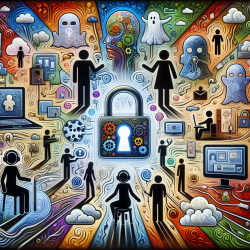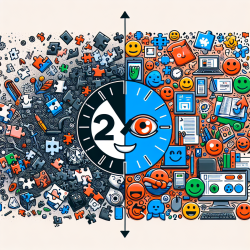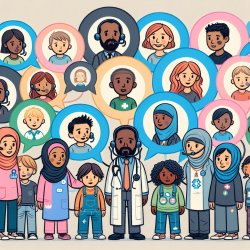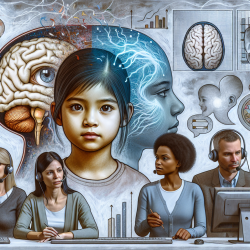Understanding the Safety of Online Therapy for Schools
As a school social worker, your primary focus is the well-being and safety of the students you serve. In recent years, the landscape of therapy services has shifted dramatically, with online therapy becoming a staple in many educational settings. But with this shift comes the inevitable question: Is online therapy safe for students?
Why Safety Matters in Online Therapy
Safety is paramount in any therapeutic setting, whether in-person or online. Online therapy platforms must ensure that they protect students' privacy and create a secure environment for them to express themselves. The integration of technology in therapy brings about unique challenges and opportunities, particularly concerning data security and the ethical use of information.
Data-Driven Insights into Online Therapy Safety
Research indicates that when implemented correctly, online therapy can be just as effective and safe as traditional face-to-face therapy. Here are some key data points to consider:
- Encryption Standards: Reputable online therapy platforms use end-to-end encryption to ensure that all communications between students and therapists remain confidential.
- Compliance with Regulations: Platforms like TinyEYE adhere to industry standards such as HIPAA (Health Insurance Portability and Accountability Act) to protect sensitive information.
- Therapist Verification: Online platforms often have stringent verification processes to ensure that therapists are qualified and licensed to provide care.
Ensuring Mental Health and Safety in Schools
As mental health concerns continue to rise among students, the demand for accessible and effective therapy solutions has never been greater. Online therapy can play a crucial role in meeting this demand, especially in areas where speech therapy staffing may be limited. By providing a safe and secure environment, online therapy ensures that students can receive the support they need without compromising their privacy.
Taking the Next Step
For school social workers, the decision to integrate online therapy into your school's mental health services can feel daunting. However, by choosing a platform that prioritizes safety and efficacy, you can enhance your school's ability to support students effectively. Consider evaluating the safety protocols of potential online therapy providers and collaborate with them to tailor services that meet your school's unique needs.
At TinyEYE, we are committed to providing safe, effective, and accessible online therapy services to schools. Our platform is designed with the latest security measures to ensure that students can engage in therapy without fear of privacy breaches. By choosing TinyEYE, you are taking a significant step towards enhancing the mental health support available to your students.
In conclusion, while the transition to online therapy may seem challenging, the benefits of providing safe and accessible mental health support are undeniable. As school social workers, your role in advocating for and implementing these services is crucial. By taking the next step towards integrating online therapy, you are investing in the well-being and future of your students.










